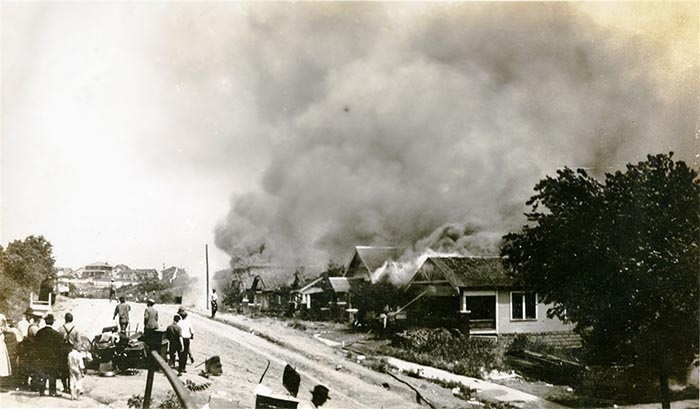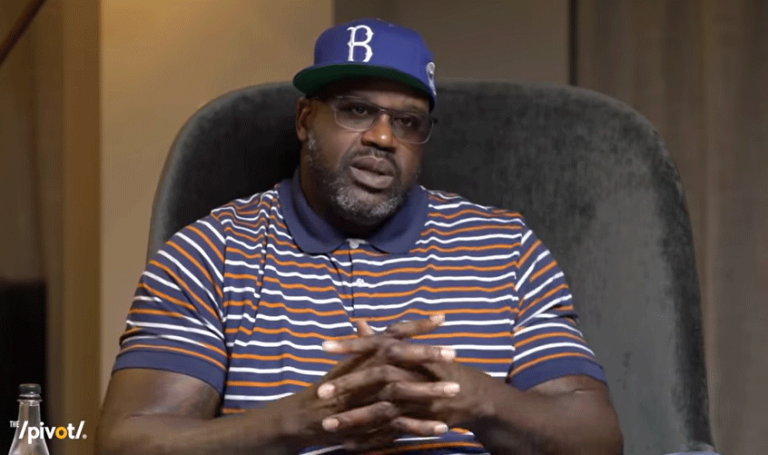
A Connecticut fourth grade social studies textbook falsely claimed that slaves were treated just like “family.” A Texas geography textbook referred to enslaved Africans as “workers.” In Alabama, up until the 1970s, fourth graders learned in a textbook called “Know Alabama” that slave life on a plantation was “one of the happiest ways of life.”
In contrast, historians and educators point out, many children in the U.S. education system are not taught about major Black historical events, such as the Tulsa Race Massacre or Juneteenth, the June 19 commemoration of the end of slavery in the United States.
As the country grapples with a racial reckoning following the killing of George Floyd in police custody, educators said that what has and what has not been taught in school have been part of erasing the history of systemic racism in America and the contributions of Black people and other minority groups.
“There’s a long legacy of institutional racism that is barely covered in the mainstream corporate curriculum,” said Jesse Hagopian, an ethnic studies teacher in Seattle and co-editor of the book “Teaching for Black Lives.”
For the full story, visit NBCNews.com/US-News.




